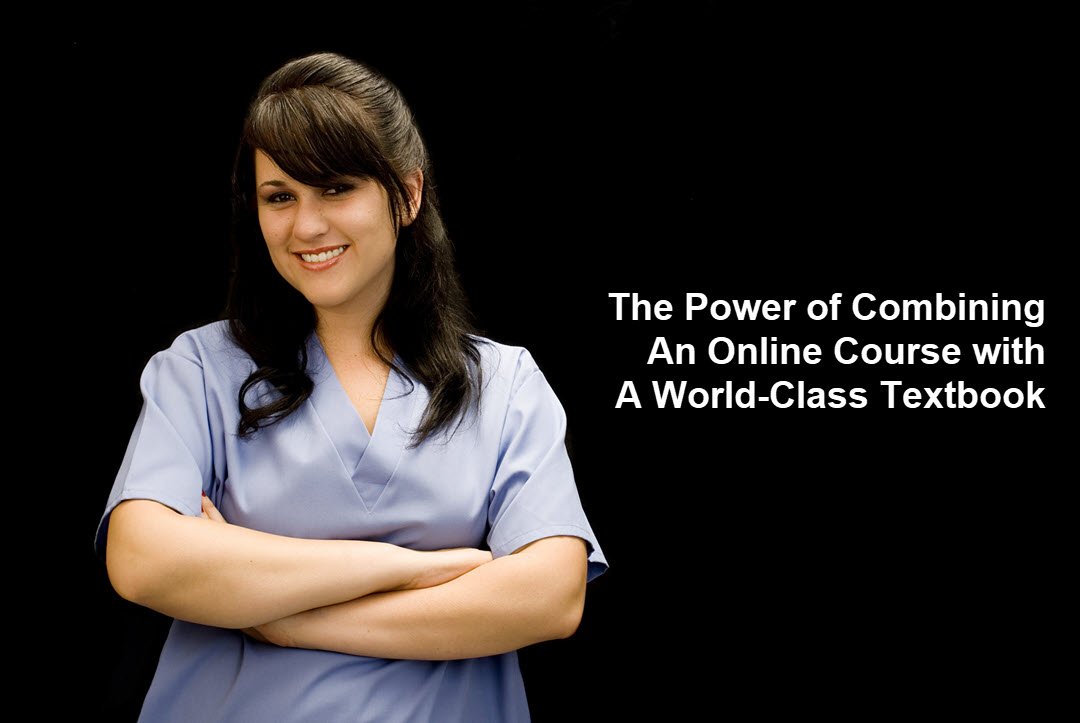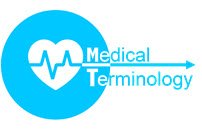Maximizing Learning Medical Terminology

In the ever-evolving field of healthcare, mastery of medical terminology is crucial.
A strong grasp of this specialized language enables professionals to communicate accurately, improving patient care and operational efficiency. The synergy between online medical terminology courses and world-class textbooks offers a comprehensive and dynamic approach to learning that caters to various learning styles and needs, making it an increasingly popular choice among students and professionals.
The Flexibility of Online Learning
Online medical terminology courses provide unmatched flexibility, allowing learners to study at their own pace and on their own schedule. This is particularly beneficial for busy professionals and students juggling multiple responsibilities. These courses often include multimedia resources such as videos, interactive quizzes, and flashcards, which can enhance understanding and retention of complex terms.
The accessibility of online platforms ensures that learning is not confined to a classroom, making education more inclusive and adaptable to individual lifestyles.
The Depth of Knowledge in World-Class Textbooks
Complementing online courses with a world-class textbook adds depth to the learning experience.
Renowned medical textbooks authored by experts in the field offer extensive and detailed explanations enriched by years of working with medical terminology students in a classroom. They provide a solid foundation of knowledge, covering the etymology, usage, and context of medical terms comprehensively.
Textbooks include diagrams, charts, and case studies that bring abstract terms to life, aiding visual learners and enhancing conceptual understanding.
Enhanced Retention and Comprehension
Combining online courses and textbooks addresses different learning styles and preferences, fostering a more holistic educational approach. While online courses engage students with interactive and visual content, textbooks provide detailed, structured, and in-depth information.
This dual approach ensures learners can reinforce their knowledge through varied formats, leading to better retention and comprehension. For instance, a student might watch a video about cardiovascular terminology in an online course and then deepen their understanding by reading a textbook chapter on the same topic.
Practical Application and Assessment
Integrating online courses with textbooks also facilitates practical application and self-assessment. Many online courses offer interactive exercises and assessments that enable learners to test their knowledge in real time. Textbooks often include end-of-chapter questions and exercises that reinforce learning. This combination allows students to apply what they have learned in practical scenarios, ensuring they are well-prepared for real-world applications in clinical settings.
Conclusion
The blend of online medical terminology courses and world-class textbooks creates a robust educational framework. This combination leverages the strengths of both digital and traditional learning methods, providing a flexible, comprehensive, and engaging learning experience. For anyone seeking to master medical terminology, this integrated approach is an invaluable tool that enhances knowledge, retention, and practical application, ultimately contributing to better healthcare outcomes.
If you want to boost your knowledge of medical terminology by learning Medical Terminology Online plus receiving a best-in-class textbook, click on the link below.
Online Basic Medical Terminology Course
